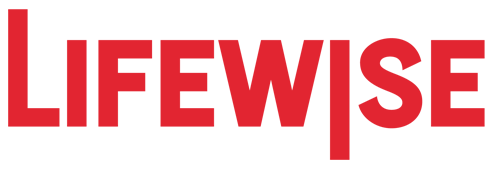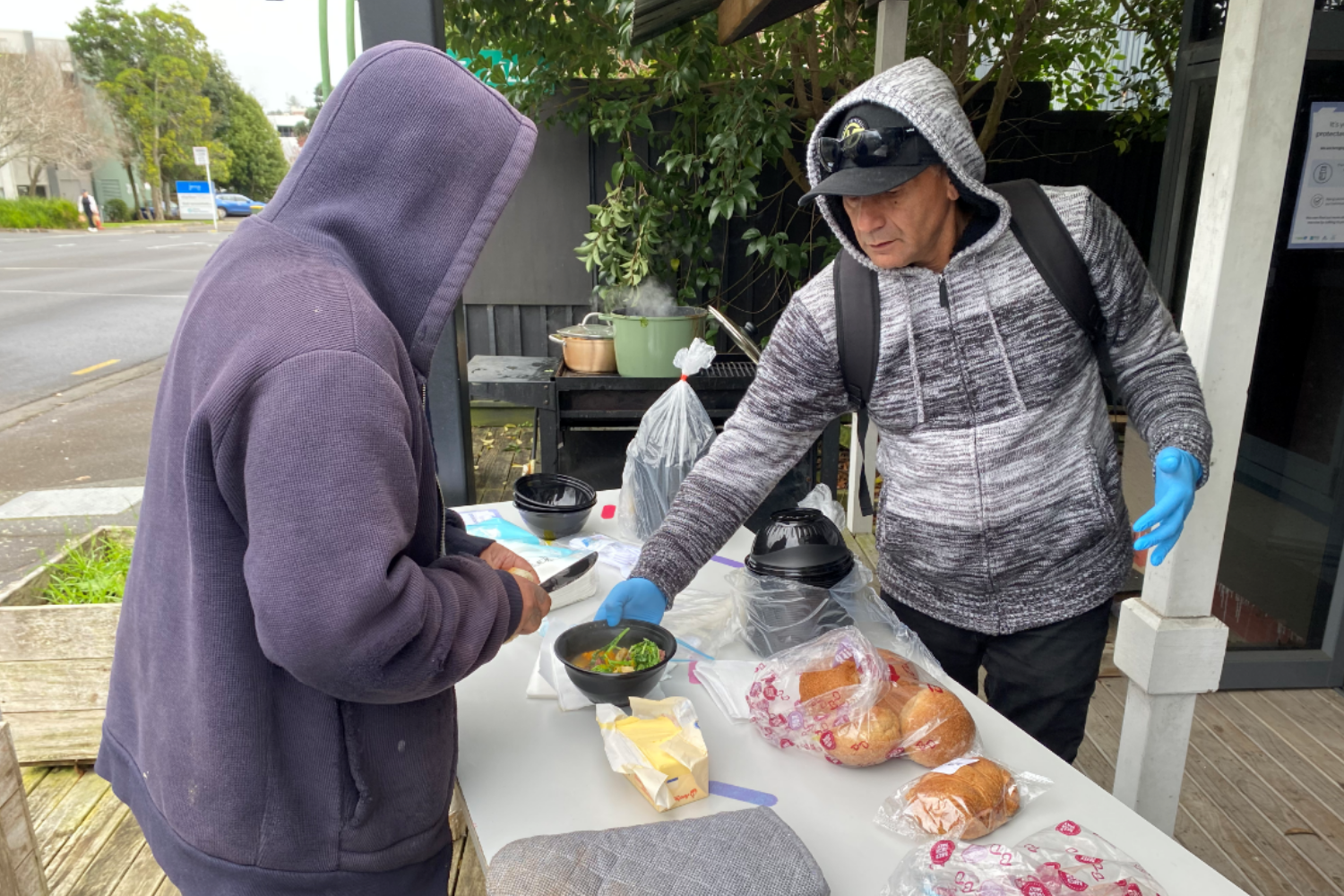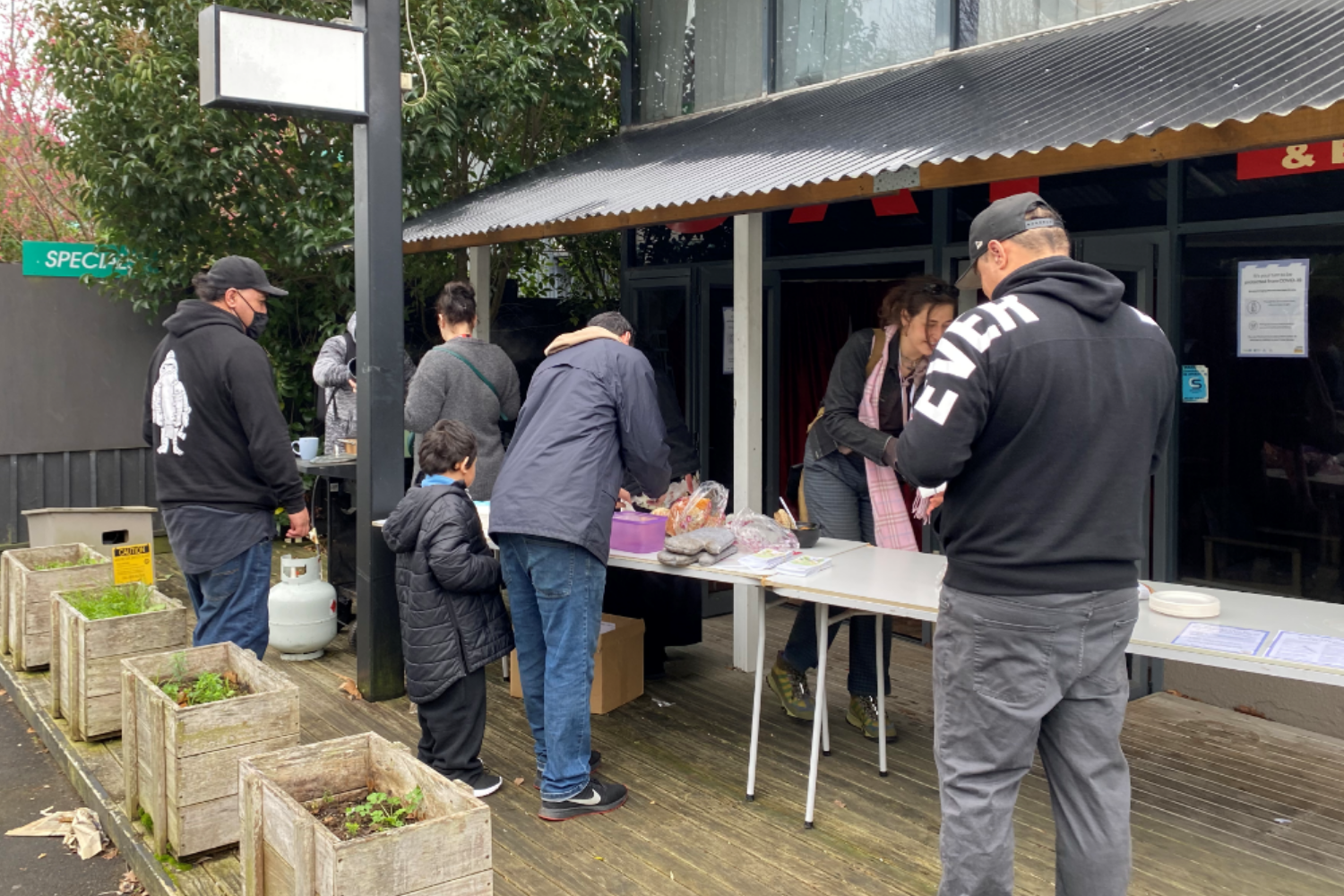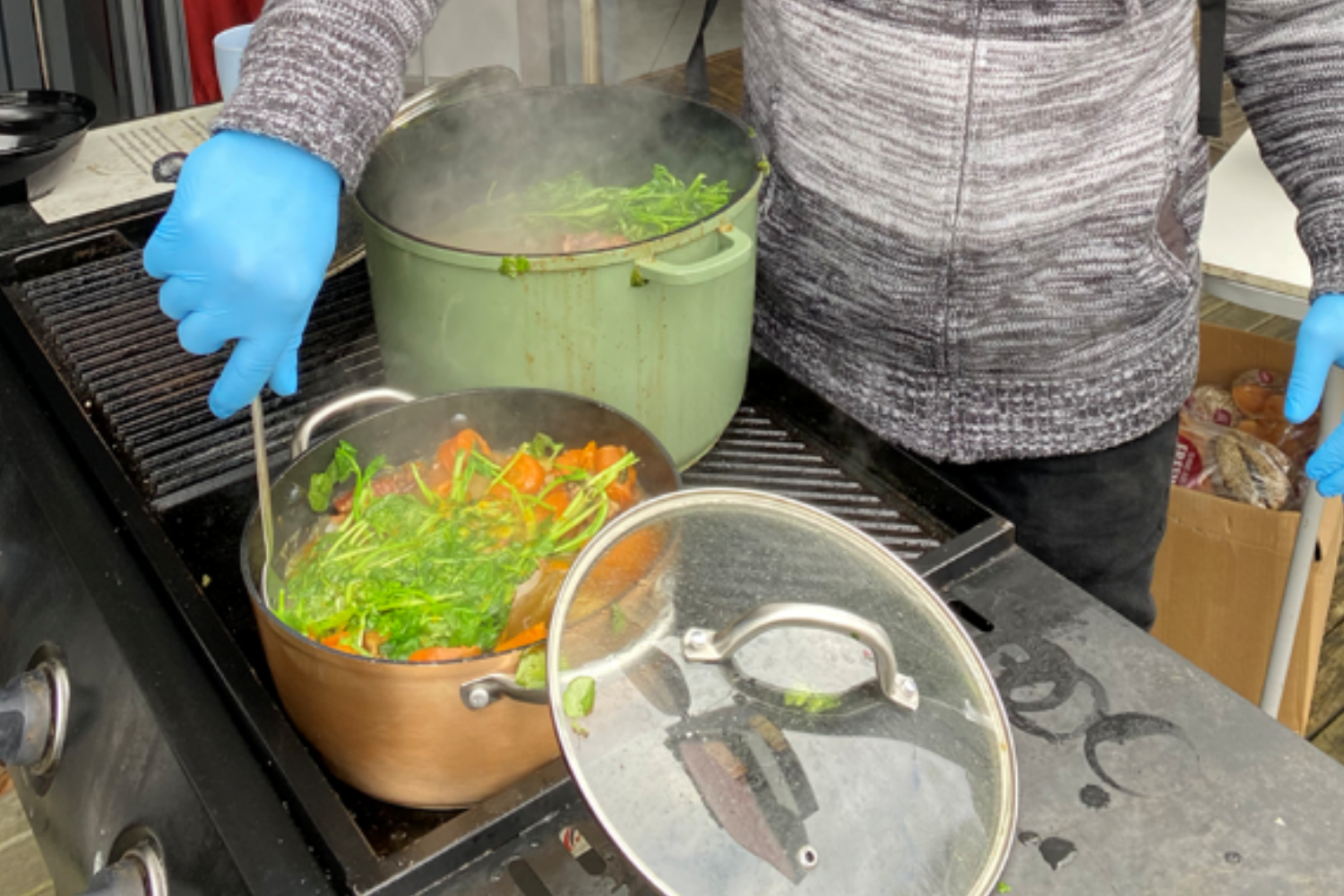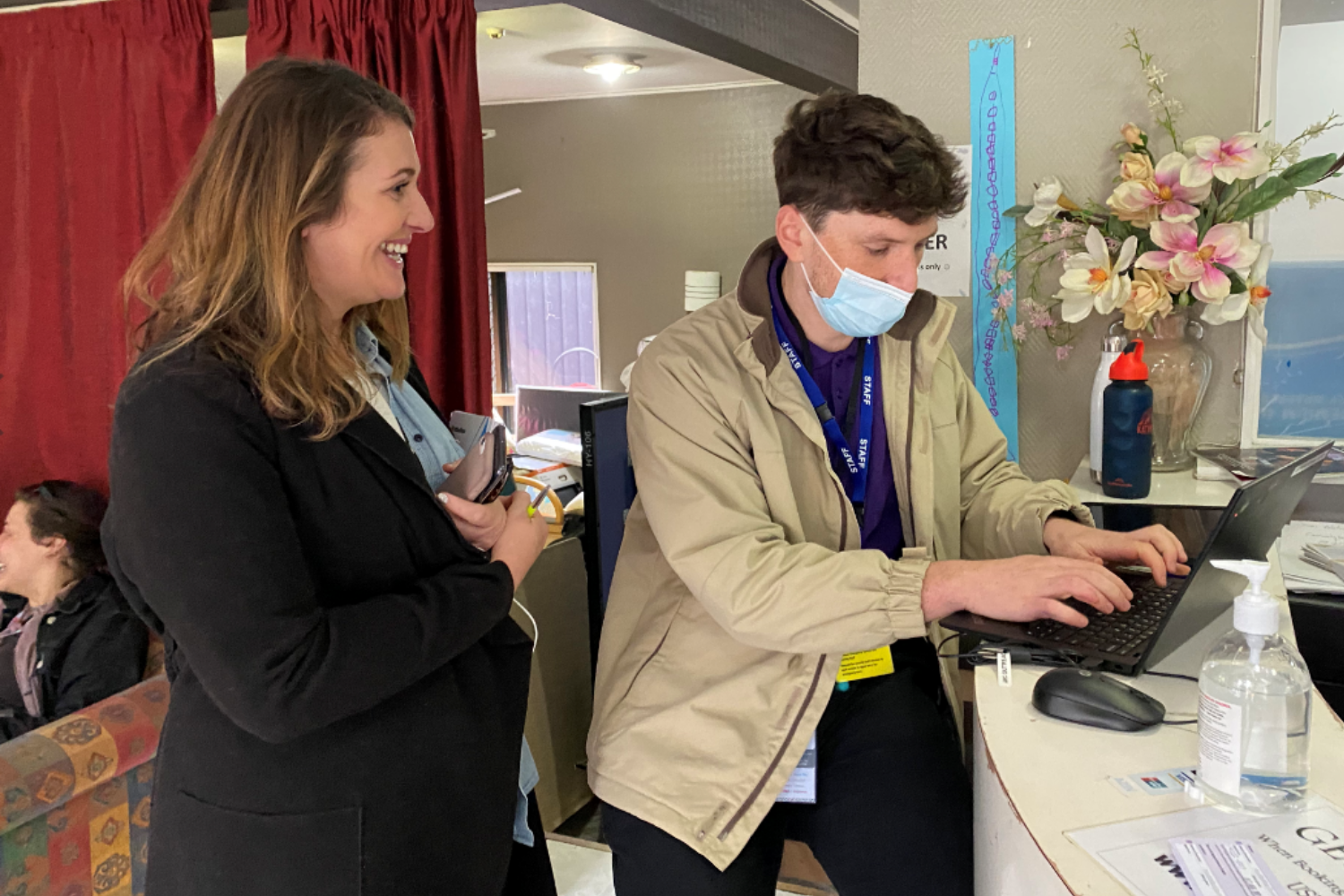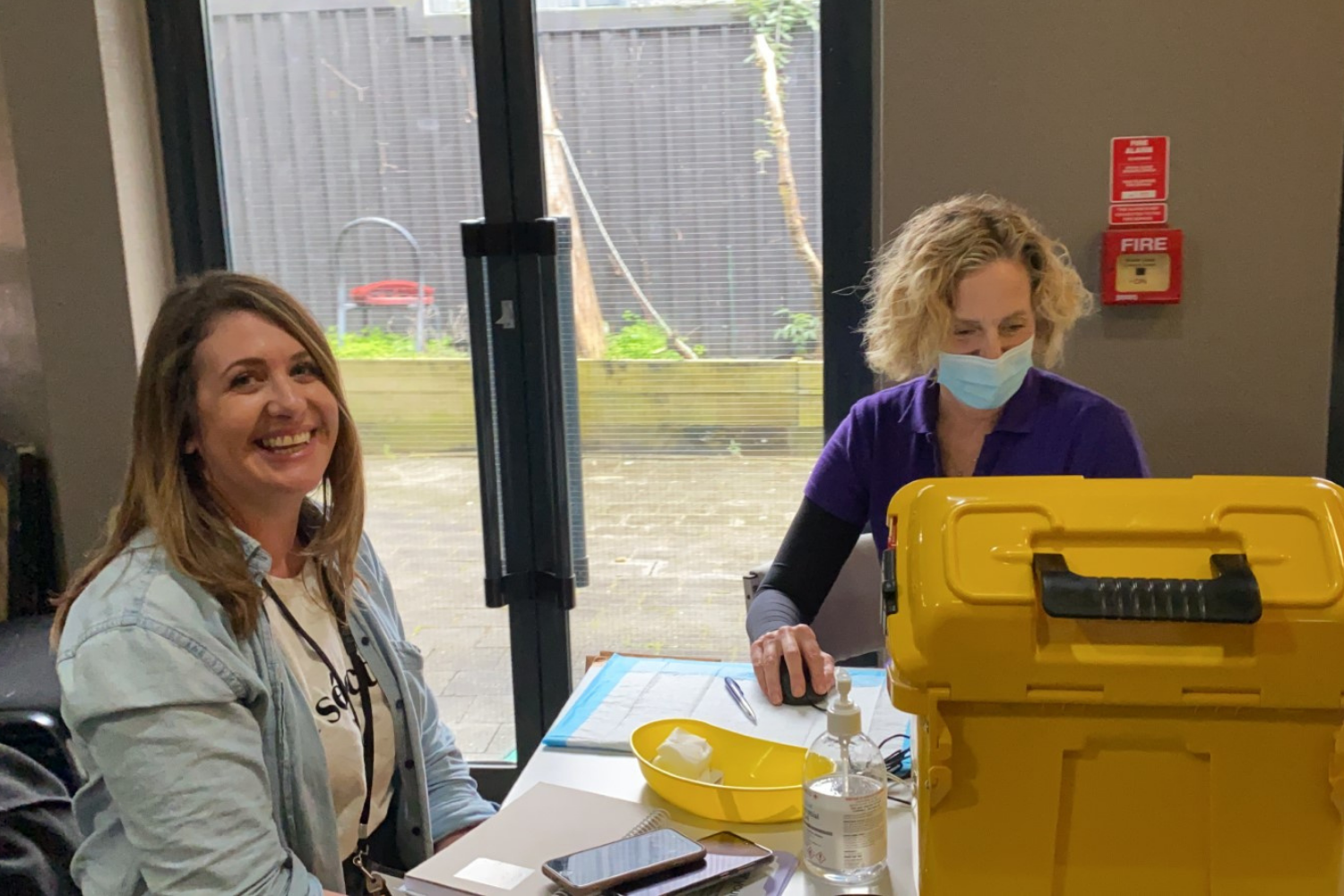On the 2nd of August, Lifewise hosted a COVID-19 vaccine outreach clinic for our street whanau, clients and frontline staff to receive their vaccination. The clinic was organised by the Auckland District Health Board (ADHB) and the Lifewise Housing First team. Our goal was to ensure that the COVID vaccine was easily accessible to all and provided in a safe and welcoming environment.
This vaccine initiative ran across two days and was attended on average by 50 people each day, including emergency accommodation tenants, Housing First clients and residents of the local motels. To make it really easy and accessible for everyone, people could walk in without an appointment.
ADHB worked alongside River Paton, Lifewise Housing First Service Leader, to assess how Lifewise could create a COVID-19 response and vaccination rollout for vulnerable street whanau.
“I am grateful for the ADHB’s support to make the implementation process of the clinic so easy,” says River.
The World Health Organisation and the ADHB have identified that the homeless community is one of the most vulnerable to contracting COVID-19. This is because they are also more likely to develop serious side effects from the virus.
In part, this is due to many people experiencing homelessness having compromised or low immunity through basic unmet needs that many of us take for granted. Some examples are lack of regular healthy meals, no warm and dry home, excessive alcohol or drug use, and irregular access to healthcare. In addition, because the virus can take up to 14 days for the symptoms to show up, there is a potential for high exposure to the wider public if they happened to be infected.
Another basic aspect of life many of us take for granted is identification documents, like a driver’s licence or a form of photo ID. Unfortunately, people who experience homelessness often don’t have these documents on hand. And this can get in the way of getting a vaccine.
Luckily, ADHB staff were able to remove this obstacle by creating a National Health Index (NHI) number for anyone who got the vaccine. This NHI number is also a useful way to track who had received their first dose and when.
This clinic became more than an opportunity just to receive the vaccine. It was also a place to share information about COVID-19 in general and the vaccination itself. Those who attended enjoyed nutritious kai which included a boil up, cooked and prepared by the Lifewise Housing First team, and other sweet treats provided by some of the organisations’ supporters. The kai went down very well as people ate and relaxed on the couches for the 20-minute post-vaccine period.
As a show of solidarity, frontline staff were also encouraged to get the vaccine along with street whanau and the people they work with. Rebecca Turner, Lifewise Housing First Key Worker, expressed her gratitude about such an opportunity to connect with the community.
Lifewise, in partnership with the ADHB, had scheduled another COVID-19 vaccine outreach clinic on the 24th of August. However, due to the Alert Level 4 lockdown announced on Tuesday the 17th of August, the second clinic could not proceed as planned.
Regardless, our whanau can rest assured that once a lower, safer Alert Level is announced, Lifewise Housing First Key Workers will swing into action again. They are always ready to work alongside their whanau to ensure they receive their second dose.
Although the vaccination process requires two doses, even one dose of the vaccine helps to increase immunity to COVID-19. One dose of Pfizer hugely decreases the chances of contracting COVID-19 and developing fatal health symptoms. So although two doses and a complete vaccination is the priority, one dose is better than none.
Lifewise will be strongly advocating for all those who require our services to receive the vaccine. We are doing everything we can to make that process as simple as possible.
– by Rachel Dunn, Relationships Manager
This article first appeared in the September 2021 issue of Touchstone.
